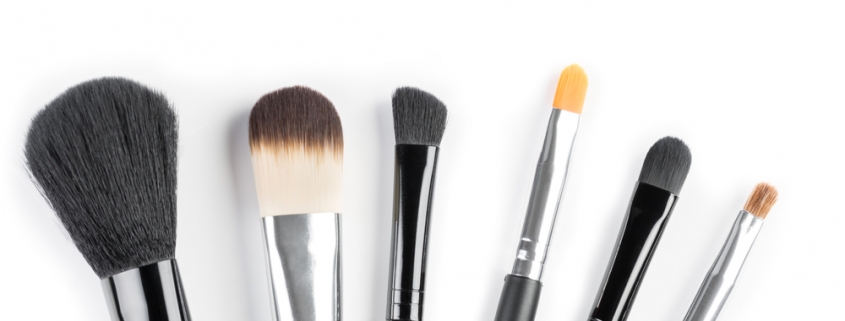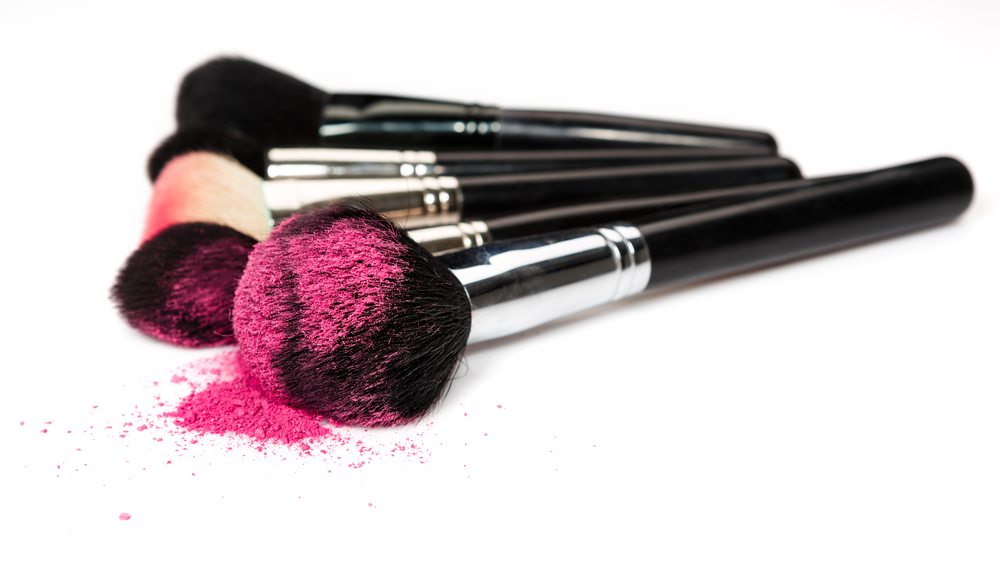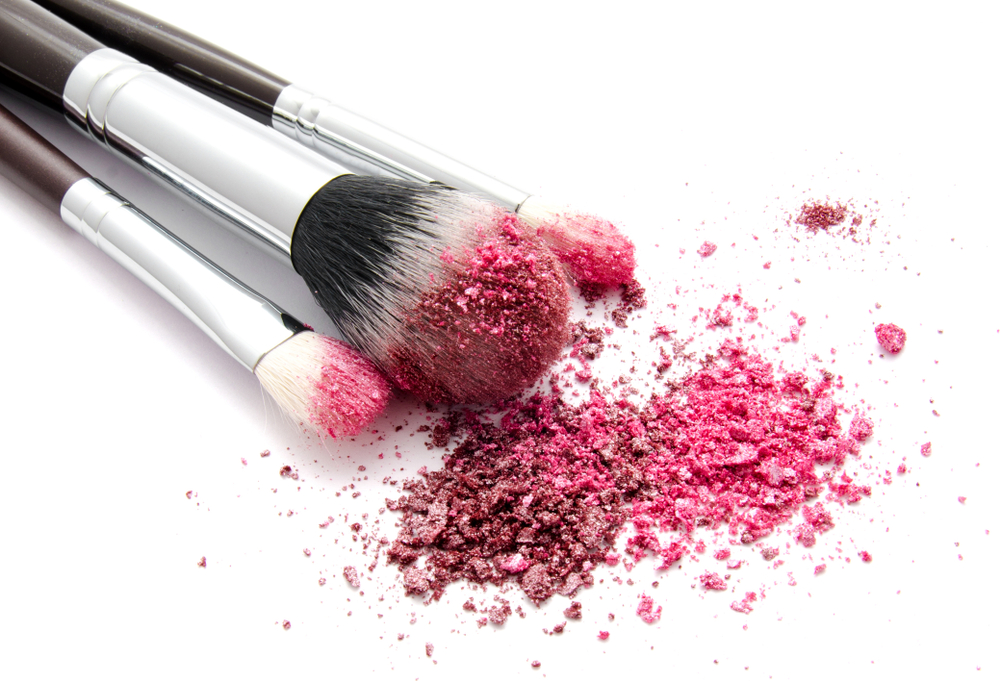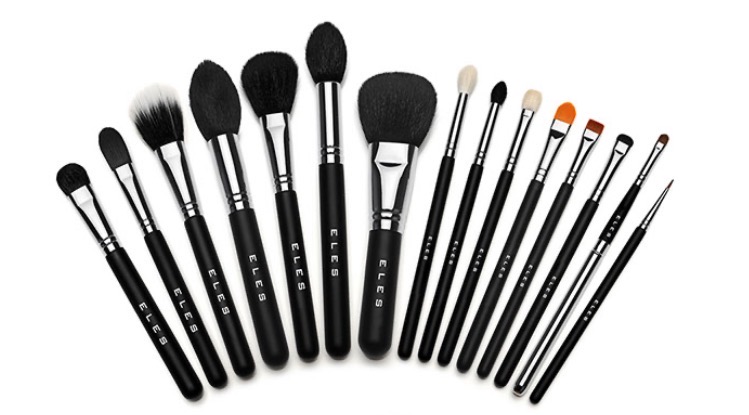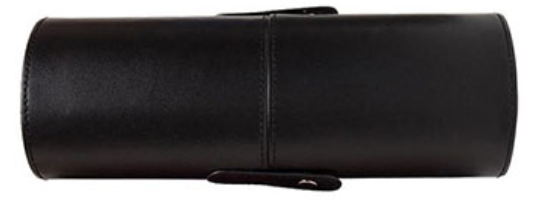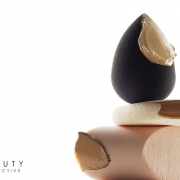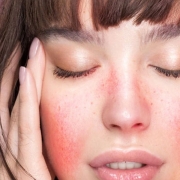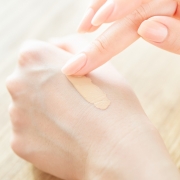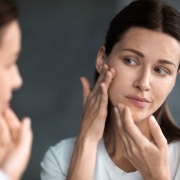How often you should clean and replace your makeup brushes
We all long for flawless, blemish-free skin no matter our age, so taking care of it daily is essential for keeping breakouts at bay. The majority of us will follow a daily skincare routine, but do we all maintain the tools we use on our skin to ensure they aren’t the cause of any unwanted pimples or other skin irritations? And when I say tools, I’m talking about the ‘tools of the trade’ – aka makeup brushes.
When it comes to flawless makeup application, makeup brushes are a must-have. They are an essential tool in every beauty enthusiast’s kit! They help us achieve flawless makeup application, enhance our features, and create stunning looks. However, many of us do often overlook a crucial aspect of using makeup brushes – cleaning and replacing them regularly. Proper maintenance of our makeup brushes not only ensures better makeup application but also promotes healthier skin. Keep reading as we explain why you need to keep your brushes clean, how often you should wash your brushes, and when it’s time to totally replace them!
Why do you need to clean your makeup brushes?
If you notice an increase in breakouts or skin irritations, your brushes might be to blame. Dirty brushes can harbor bacteria and nasty stuff that wreak havoc on your skin. Imagine all the makeup residue, oils, and dead skin cells that accumulate on your brushes after each use. If you don’t clean them regularly, these impurities can lead to several issues, including:
Bacterial buildup – Dirty brushes become a breeding ground for bacteria, leading to breakouts, skin irritations, and infections.
Patchy Application – Residue from previous makeup applications can interfere with the colours and textures of new products, leading to uneven and patchy makeup application.
Clogged pores – When brushes are not cleaned, they carry excess oils and debris, which can clog your pores and contribute to acne formation.
Decreased Brush Performance – Dirty brushes lose their softness and shape, making them less effective in blending and achieving the desired makeup look.
But before you freak out and head off on that shopping spree, remember regular cleaning can extend the life of your brushes.
How often should you clean your makeup brushes?
To prevent bacteria build up and potentially exacerbating any skin issues, make it habit to give your brushes a thorough cleanse. The frequency of cleaning your makeup brushes can depend though on how often you use them and the type of products you apply. As a general rule of thumb if you are using your brushes pretty much daily, follow these guidelines:
Foundation brushes and sponges – Since foundation brushes come in direct contact with your skin, they should be cleaned after each use no matter what the foundation. Beauty sponges, like the famous Beauty Blender, should also be washed after every application.
Eyeshadow Brushes – If you use eyeshadow brushes daily, it’s best to clean them at least once a week. Brushes used with cream eyeshadows may require more frequent cleaning.
Blush and Powder Brushes – Brushes used for powder-based products like blush, bronzer, and setting powder should be cleaned every 1-2 weeks.
Lip Brushes – Lip brushes should be washed after every use, especially if you work with bold or dark lip colours.
How should you clean your makeup brushes?
We get it, many of us are time poor and cleaning your brushes might sound like a tedious task, but it really is essential for maintaining their quality and your skin’s health. Here are some tips to make the process easier:
Use gentle cleansers – Opt for a gentle brush cleanser, baby shampoo, or mild soap to clean your brushes. Harsh chemicals can damage the bristles. If you use a gentle face wash, I also recommend using that too.
Warm water rinse – Wet the bristles with warm water to remove excess makeup easily.
Avoid soaking the base – When cleaning your brushes, avoid soaking the base of the bristles as this can loosen the glue and cause shedding.
Pat dry with a towel – After cleaning, gently pat the brushes with a clean towel and reshape them to retain their original form.
Air dry upside down – To prevent water from seeping into the base, dry your brushes upside down or at a slight angle.
If you keep them clean, why do you need to replace your makeup brushes?
No matter how well you care for your makeup brushes, they won’t last forever. Over time, the bristles can become frayed, lose their shape, and fail to perform as they did when new. Here are some signs that indicate it’s time to replace your brushes:
Shedding – If your brush sheds bristles excessively despite proper care, it’s time to invest in a new one.
Frayed bristles – Brushes with frayed or splayed bristles won’t give you the precise application you desire.
Hardened bristles – Over time, some product residues can harden the bristles, making them less effective and potentially abrasive to your skin.
Unpleasant smell – If your brushes retain a persistent, unpleasant odor even after cleaning, it’s best to replace them.
Signs of wear and tear – If you notice visible signs of wear and tear, such as a cracked handle or discoloured bristles, it’s time to retire your brush.
Remember, investing in high-quality brushes from the get-go can make a huge difference. Not only will they last longer but they’ll also give you better makeup results. Quality brushes tend to have more durable bristles and sturdy handles, making them worth the splurge.
We recommend investing in makeup brushes made from allergy free synthetic fibres. Easier to keep clean, less likely to harbour bacteria and ideal for makeup application. Try ELES Cosmetics range of professional makeup brushes. Their smooth synthetic fibres do not absorb or trap pigment making them a breeze to clean!
You can purchase them individually dependant on your makeup needs, or shop the full 15 piece collection

